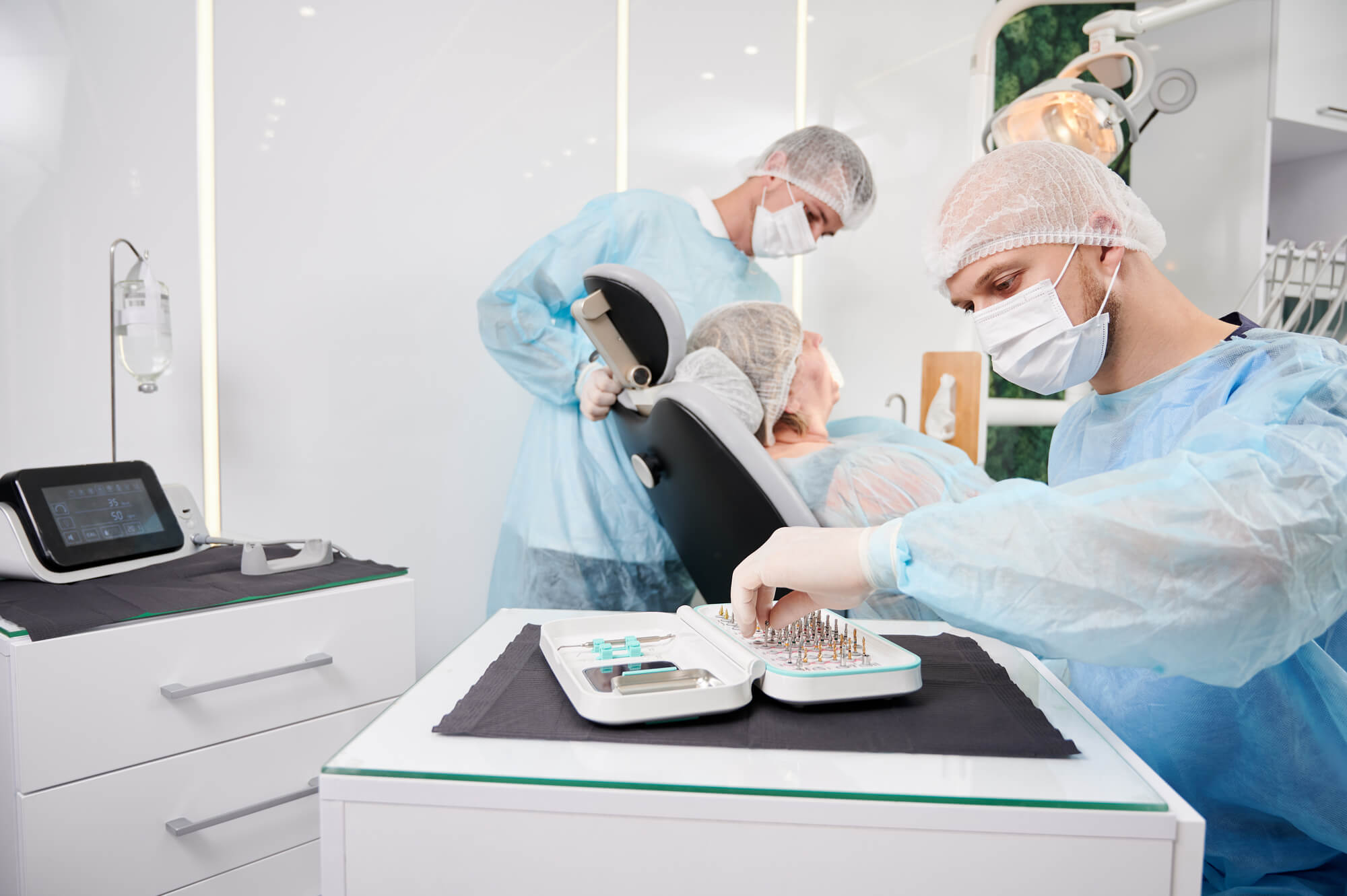For many patients in Cherry Hills considering dental implants, one of the most common concerns is: Will it hurt? Dental implants are a robust solution for individuals with missing teeth, restoring both functionality and aesthetics. While this fear is understandable, advancements in dental techniques have made the dental implant procedure far more comfortable than most people assume.
To determine if you are a good candidate for dental implants, you should schedule a consultation with a qualified dentist or oral surgeon. During the consultation, your dentist will evaluate the condition of your teeth, gums, and jawbone to determine if dental implants are suitable for you. Generally, good candidates for dental implants have:

The short answer is no. During the dental implant procedure, your dentist will apply local anesthesia to completely numb the area, including the jaw bone where the implant will be placed. For more anxious patients, sedation options are also available. You may feel some pressure while the screw is being implanted, but not actual pain — this is because the jawbone has minimal nerve endings.
Post-operative care is crucial, and monitoring the surgical site for swelling and soreness can help ensure a smooth recovery. To further reduce discomfort, your dentist may recommend taking over-the-counter pain relievers before the anesthesia wears off, helping to control any postoperative soreness early on.
The dental implant surgery process typically involves several stages, including:
It’s normal to experience some tenderness in the treated area — usually the implant site, jaw, or face — for a few days following surgery. Most patients manage this easily with over-the-counter pain relievers. For more complex cases or when multiple implants are placed, your dentist might prescribe a stronger medication.
Dental restoration through implants not only alleviates pain but also enhances overall functionality and aesthetics.
In general, symptoms like swelling or sensitivity should improve within 10 days, and the implants will start to function similarly to natural teeth. If discomfort persists or worsens by the two-week mark, it’s essential to return to the dentist immediately, as this could indicate an infection or delayed healing. Compared to tooth extraction, many patients find the recovery from dental implants to be smoother and less painful.
After dental implant surgery, it is essential to follow your dentist’s instructions for recovery and healing. This may include:
It is also important to note that individual pain tolerance and the complexity of the case can affect the level of pain experienced during and after the procedure. However, with proper care and pain relief medication, most patients report minimal discomfort during the recovery period.

The thought of oral surgery may feel intimidating at first, but for most patients, the benefits of dental implants — including restored function, aesthetics, and confidence after losing a missing tooth — far outweigh the temporary discomfort. Thanks to anesthesia, sedation, and a tailored recovery plan, your path to a healthier smile can be smooth and manageable. Dental implants are an effective solution to replace missing teeth, providing comfort and durability.
If you’re exploring tooth replacement options, don’t hesitate to contact us today. At Sopris Smiles, we’re here to help you make informed decisions about your oral health — and guide you every step of the way.